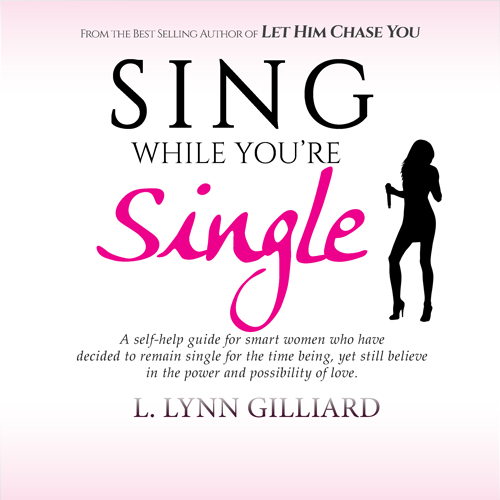A lot of people talk about mental illness as if it spontaneously occurs one day. Maybe they assume that the person was born with the issue, or it is simply a chemical imbalance. That there is something inherently or biologically wrong with the person who has depression, anxiety or similar issues. And that may be true for certain advanced disorders.
Yet as someone who has struggled with depression and anxiety in the past, I don’t believe that it is all about biology. I believe many mental issues are deeply rooted in circumstance.
I don’t really like calling them “illnesses.” I think that many mental health issues are symptoms of things that are going on in that person’s life.
From my experience, a lot of people who struggle with their mental health have those issues due to the toxic people in their lives. Toxic people are those who may or may not be aware of their negativity and choose to spread it around any chance they get. They feed off of making other people feel sad, angry, frustrated, or defeated.
It could be that “friend” who makes you feel less than, as if you are lucky to be in their presence. Constantly launching veiled insults. Insecurity and depression.
The parent who either ignores you, mistreats you, or treats you like you don’t really matter. And when you say something in your defense, they tell you to stop being a crybaby because that’s how they were raised (who knows why someone would want to raise another generation that way when they’re miserable!). I think this begins to breed low self-esteem and depression in very young people.
That one sibling who constantly puts you down instead of bringing you up as they should. Depression, low self-esteem, and imposter syndrome.
That bully who bothered you every day you went to school, because he or she was miserable and probably being bullied at home. Anxiety and depression.
Watching a loved one be abused or treated badly for a long period of time. Anxiety.
Many people who struggle with substance abuse problems are affected by the toxic people in their lives who don’t understand them or don’t even care to understand.
Many people who struggle with depression feel abandoned and judged by the people who they would expect to support them.
Guilt and Shame
I have said before in my books and blog posts that guilt and shame are two of the most useless emotions. If you are feeling guilt and shame around your mental wellness, you shouldn’t. These two emotions are used to make people feel low and like they cannot rebound from whatever challenges they are experiencing.
Push the guilt and shame aside, and look forward to the future. What’s in the past is in the past—leave it there. Believe that there are better things on the horizon. Many people give up on life because they fall victim to guilt and shame and do not recover.
Limit Your Contact with Toxic People
It isn’t always possible to completely remove yourself from the presence of toxic people, whether they are friends or family members. But if you can, at the very least limit your contact with them. And when they start to affect you in a negative way, whether with actions or words, leave the situation as soon as possible.
Do not allow yourself to mix in with their misery soup.
Understand that if you are dealing with mental health issues, it is not necessarily you or your biology that is the main problem. It could be overexposure to toxic people who you are forced to be around whether due to familial ties, work, or people who want you to believe they are friends. See how things go if you stay away from toxic folks for two weeks or more and spend more time with yourself, in peace.
Speaking from experience,
Love Lynn
Lynn Gilliard is the author of a popular relationship guide entitled Let Him Chase YOU. Her latest book Sing While You're Single offers advice to women who want to remain single for the time being while still maintaining their belief in the power and possibility of love.


